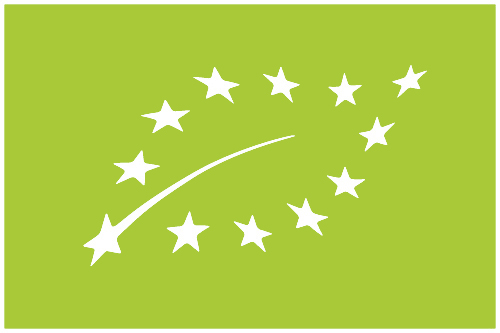
Enric Soler
“Xarel-lo? Yes yes, I know that grape!! It is used for Cava!”
Enric Soler is here to make you forget everything you think you know about Xarel-lo. He makes only four wines, three made with Xarel-lo and one made with Malvasia de Sitges and Xarel-lo in equal parts, an average of 10.000 bottles per year, organic, no intervention in the cellar. Talk about niche. But oh god! – This man is the GRANDMASTER of it!
Based in Penedes all the wines are sourced from old vines – actually Enric owns some of the oldest Xarel-lo in the world(!) and let them grow as bushwine. Inheriting vineyards from his grandfather in 2003, makes 2004 Enrics first Vintage. Enric was beforehand a championsommelier, but (sorry) we are all enormiously grateful that he has now become a true magician of Xarel-lo!
To discover something as precious and unique as the wines of Enric Soler by chance is just too unbelievable… However, that was what happened.
Nina was sitting, reading, reading, reading about wine and suddenly this name came up. A great curiosity had awoken, and so a more in-depth research begun. Quickly we decided to get our hands on some of this, in theory, very exciting wine. So that was what happened, and when the wines arrived they did not disappoint! In fact they were so amazing that they made us start this import company; the thought of NOT being able to share this great wine and excite the wine lovers of Copenhagen was simply unbearable. After trying the wines we created Sauer Wine and immediately wrote Enric, who was kind and generous enough to answer. Even though there was one challenge: “sorry for my bad English, I’m using google translator!” he took the time. Truly amazing! Especially for a man doing such a small niche production. And to be honest we thought that he was so amazingly cool just going ahead with the google translate and taking a chance on some small guys like us! Hands down! And actually.. Thank you for showing us onto the path of Sauer Wine!
In the vineyard
- Organically grown grapes – no herbicides, no pesticides, natural compost and sometimes organic fertilizer.
- Gobelet/Bush training, as used traditionally in the Mediterranean this also helps during climate changes.
- Soft pruning of the vines, to avoid big wounds and stress for the vines.
- Pruning always follows the lunar calendar.
- Spontaneous and native grasses live between the rows and the vines, it adds a self-sufficient ecosystem and inhibit erosion. When draught has been extremely severe the spontaneous cover crop has been removed
- Bordeaux mixture and Sulphur is used when necessary.
- De-budding and de-shooting is done by hand to ensure that each vine is focusing all of its energy on the selected shoots. Depending on the vintage and the specific appearance of the vine it is decided how many shoots for each vine.
- Leaf-thinning is always done by hand and this keeps the bunches ventilated to reduce risk of disease.
- Leaf-thinning is done multiple times each year and progressively depending on rain and the weather.
- Green harvest of the young vines to limit the yield. The old vines regulate themselves.
- Harvest is done by hand and with a strict selection of only the healthy bunches.
- We obtain low yields between 20-25 hl
- Harvest is done in small 15 kg boxes.
In the cellar
- After the harvest the grapes are rushed to the winery
- Soft, three-hour pressings with whole bunches.
- Rarely the wines will be left to settle.
- Use of natural yeast only, in order to keep the character of the wines.
- Never any usage of nutrients or enzymes to enrich the must.
- The wines are Barrel-fermented and aged in barrels after fermentation for the majority of the wines.
- Concrete eggs are also used for fermentation and aging
- There is no bâtonnage during the aging.
- The barrels will be kept full/topped off often, to avoid oxidation.
- There is no finning or cold-treatment of the wine.
- Sulfites are added to the wines when bottled between 20-30 mg/l
- "We take care of the vines, focusing on their health, we want to maintain a soil that is alive so that we can obtain great grapes and make wine with passion and soul." - Enric Soler

